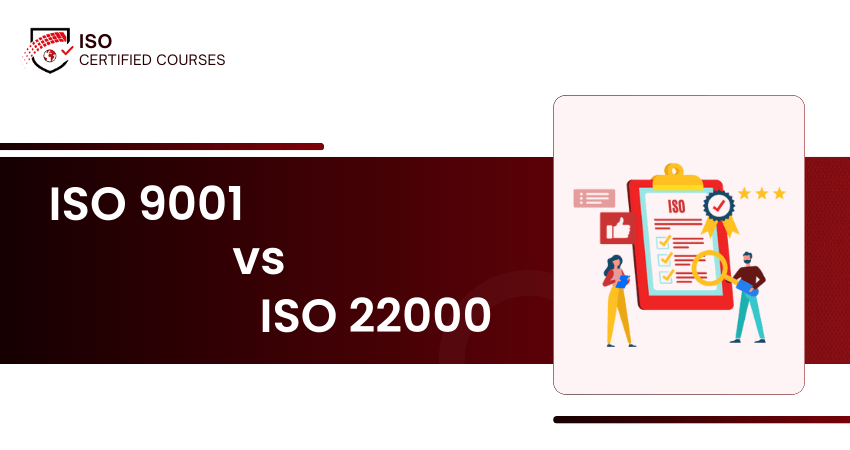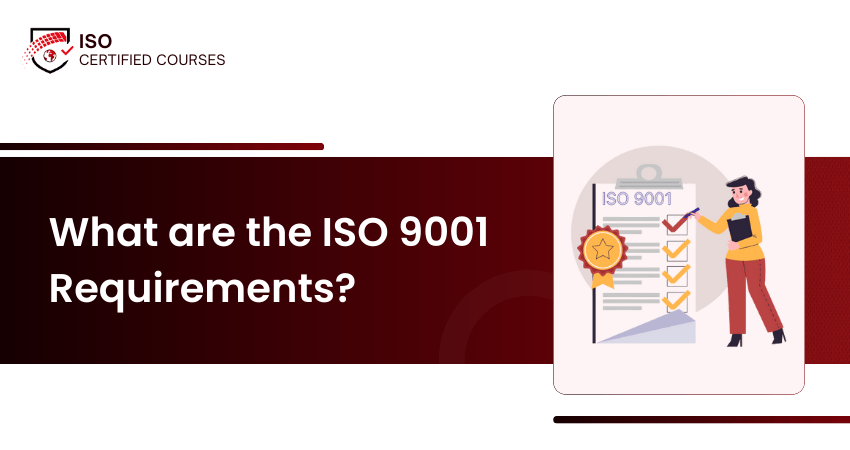What Is ISO 27002 Training Courses ?
Strengthen your organisation’s information security with our ISO 27002 Training Courses. Designed for IT and security professionals, this training helps you implement robust controls, manage cyber risks, and align your practices with global ISO 27002 standards.
Countries
Locations Worldwide
Years of Expertise
Certified Trainers
Where is ISO 27002 Applied in Real-world Industries?
Finance: Secure sensitive data and meet regulatory standards
Healthcare: Protect patient information and ensure confidentiality
IT Services: Implement system-wide security measures and reduce breach risks
Retail: Safeguard customer data and prevent cyberattacks
Browse Our Courses
The Benefits of ISO 27002 Training Courses

72% stronger data protection in personal practice
Individuals trained in ISO 27002 strengthen data security in their roles by 72%, applying best-practice controls to minimise risks, protect sensitive information, and uphold organisational confidentiality standards.

40% fewer personal cybersecurity errors
Professionals using ISO 27002 guidelines report a 40% drop in cybersecurity incidents tied to human error, as training sharpens awareness and equips them to follow structured frameworks consistently.

66% improved regulatory understanding
66% of ISO 27002-trained individuals demonstrate better knowledge of GDPR, HIPAA, and related compliance standards, helping ensure their actions and decisions align with regulatory obligations.

50% increase in security-conscious behaviour
ISO 27002 Training leads to a 50% rise in protocol adherence, with individuals more likely to follow secure password practices, report threats, and prevent breaches before they occur.

60% faster incident response with trained teams
Organisations with ISO 27002-trained staff detect and respond to security incidents 60% faster, minimising downtime, mitigating damage, and ensuring business continuity in high-risk environments.

71% smoother ISO 27001 implementation
71% of ISO 27001-certified organisations credit ISO 27002-trained employees with making control implementation easier, reducing audit preparation time, and accelerating successful certification.
Our ISO Training, Your Format
Choose the training format that fits your team’s goals, schedule, and preferred learning style. Our ISO Certified Courses are designed to deliver consistent, high-quality learning, anytime, anywhere.
Classroom Training
Online Instructor-Led Training
Online Self-Paced Training
Discover Your Ideal ISO Learning Path and Build a Standards-driven Future
Proven ROI: Why ISO Standards Matter
67% of organisations implementing Quality Management Systems report significant savings.
24/7 Learning Assistance

Served 10K+ Global Learners
Frequently Asked Questions
What is the main purpose of ISO 27002 Certification?
ISO 27002 Certification helps organisations apply effective information security controls, improve resilience against cyber threats, and align with ISO 27001 requirements.
Who should take the ISO 27002 Training?
Ideal for IT Security Officers, Cybersecurity Analysts, Risk Managers, ISO 27001 implementers, and anyone involved in information security or data protection.
What are the key principles of ISO 27002?
Key principles include risk-based selection of controls, confidentiality, integrity, availability, and aligning security practices with business needs.
Is ISO 27002 suitable for all sectors?
Yes, ISO 27002 applies across industries where information security is essential—from banking and healthcare to tech, education, and retail.
What version of ISO 27002 is currently in use?
The current version is ISO/IEC 27002:2022, which features a new structure and categories to reflect modern cybersecurity practices and evolving threats.
Explore Our Most Popular Topics
Satisfied Clients From 5k+ Organisations In Different Fields












What Our Clients says about us
The ISO 9001 Internal Auditor Training gave me practical insight into quality systems and how to apply audit techniques effectively. The sessions were clear and approachable, even without prior auditing experience. I now feel confident reviewing documentation, identifying nonconformities, and contributing to continuous improvement. The real-world examples and audit scenarios helped me understand the practical side of compliance and how it fits into our daily operations.
Completing the ISO 45001 Foundation Training provided me with a solid understanding of occupational health and safety standards. The training clarified legal requirements, hazard identification, and risk control measures. I’ve applied this knowledge to improve our incident response protocols and reinforce safety culture within the team. It’s also made me more effective at communicating compliance expectations and supporting ongoing H&S initiatives.
The ISO 22301 Foundation Training helped deepen my knowledge of business continuity planning and risk preparedness. The course content was practical and focused on real implementation challenges, which I could immediately relate to my role. I now play a more active part in reviewing continuity plans and coordinating recovery strategies. The training has improved how we manage operational risks and strengthened our overall resilience.
I registered my team in the ISO 9001 Lead Implementer Training, and the improvements were visible right away. The training gave us the tools to standardise workflows, enhance documentation, and build a consistent quality management system. The team has taken ownership of processes and is now more proactive in identifying areas for improvement. It’s significantly enhanced how we align with best practices and deliver results with greater reliability.
Our team participated in the ISO 45001 Lead Auditor Training to reinforce our internal safety and compliance framework. The training not only improved our auditing skills but also helped us critically assess our workplace health and safety practices. We’ve since implemented stronger controls and improved reporting structures. The shift in awareness and engagement has been very positive, especially in high-risk areas.












































